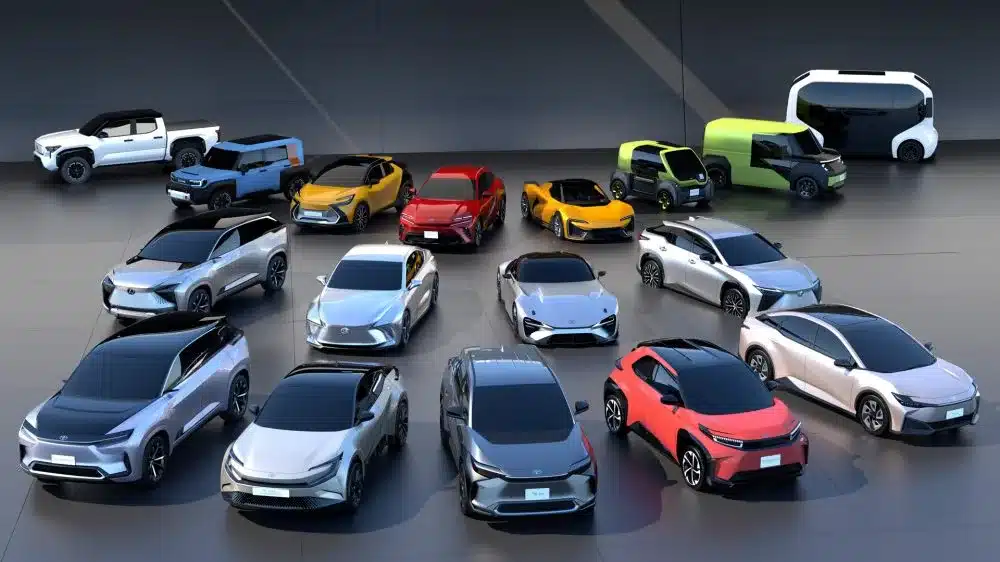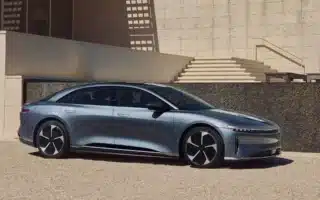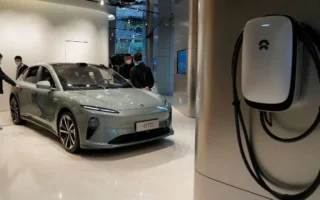Hello, today we will talk about Myths and Truths about Electric Cars, stay up to date with everything that happens with battery-powered vehicles.
Certainly, as the eletric cars are gaining more and more space on the roads, many myths and misconceptions arise about this sustainable automotive revolution.
In this article, we will separate the myths of truths and demystify the misconceptions surrounding electric cars.
So let's explore the benefits, challenges and opportunities these vehicles represent for the future of mobility.
Myth 1: Limited Autonomy
One of the most common myths about electric cars is the idea that their autonomy is limited, which makes them impractical for long trips.
However, advances in battery technology are increasingly extending the autonomy of electric vehicles.
Today, there are models capable of traveling hundreds of kilometers on a single charge, making them a viable option for most daily commuting needs.
Truth 1: Expanding Charging Infrastructure
While there are still challenges related to charging infrastructure, the truth is that it is expanding rapidly across the world.
Governments, companies and organizations are investing in charging stations quickly and in home charging networks, making it easier and more convenient recharge electric vehicles.

With time, the charging infrastructure only tends to improve, further increasing the attractiveness of electric cars.
Myth 2: High Cost of Ownership
Another common myth is that electric cars are much more expensive to own and operate than combustion vehicles.
Although initial costs may be higher, electric car owners generally save on fuel and maintenance in the long term.
Furthermore, the government incentiveswhether subsidy policies are making increasingly affordable electric cars to a wider audience.
Truth 2: Environmental and Economic Benefits
Contrary to what many believe, electric cars offer a series of environmental and economic benefits.
After all, they produce zero emissions exhaust system, significantly reducing air pollution and greenhouse gas emissions.
Additionally, lower operating costs and greater energy efficiency make electric cars an economical long-term option.
Myth 3: Long Cooldown
A common myth about electric cars is that the recharge time it is significantly longer than the time needed to fuel a combustion vehicle.
However, many people believe that electric cars require hours to recharge their batteries, which can be inconvenient for long trips or daily commutes.

However, with the advancement of technology fast charging, O Recharging time for electric cars is decreasing significantly.
In many cases, it is possible recharge a battery enough to travel hundreds of kilometers in a matter of minutes, making the process as quick and practical as fueling a combustion vehicle.
Truth 3: Growing Variety of Models and Options
One truth about electric cars is that the variety of models and options available on the market is growing rapidly.
In the past, the selection of electric cars was limited, with few models available for consumers to choose from.
However, as the demand for electric vehicles increases and more manufacturers enter the market, we are seeing a wider range of options for meet consumer needs and preferences.

Ultimately, since urban compacts until luxury SUVs It is off-road trucks, there is an electric car for almost every lifestyle and budget.
Conclusion
Electric cars represent a revolution in the automotive industry, offering a cleaner, efficient and sustainable for combustion vehicles.
However, although there are still challenges to be overcome, the benefits of electric cars are clear and tangible.
Debunking the myths and disseminating the truth about this automotive revolution is essential to promoting a successful transition to a more sustainable and conscious future.








